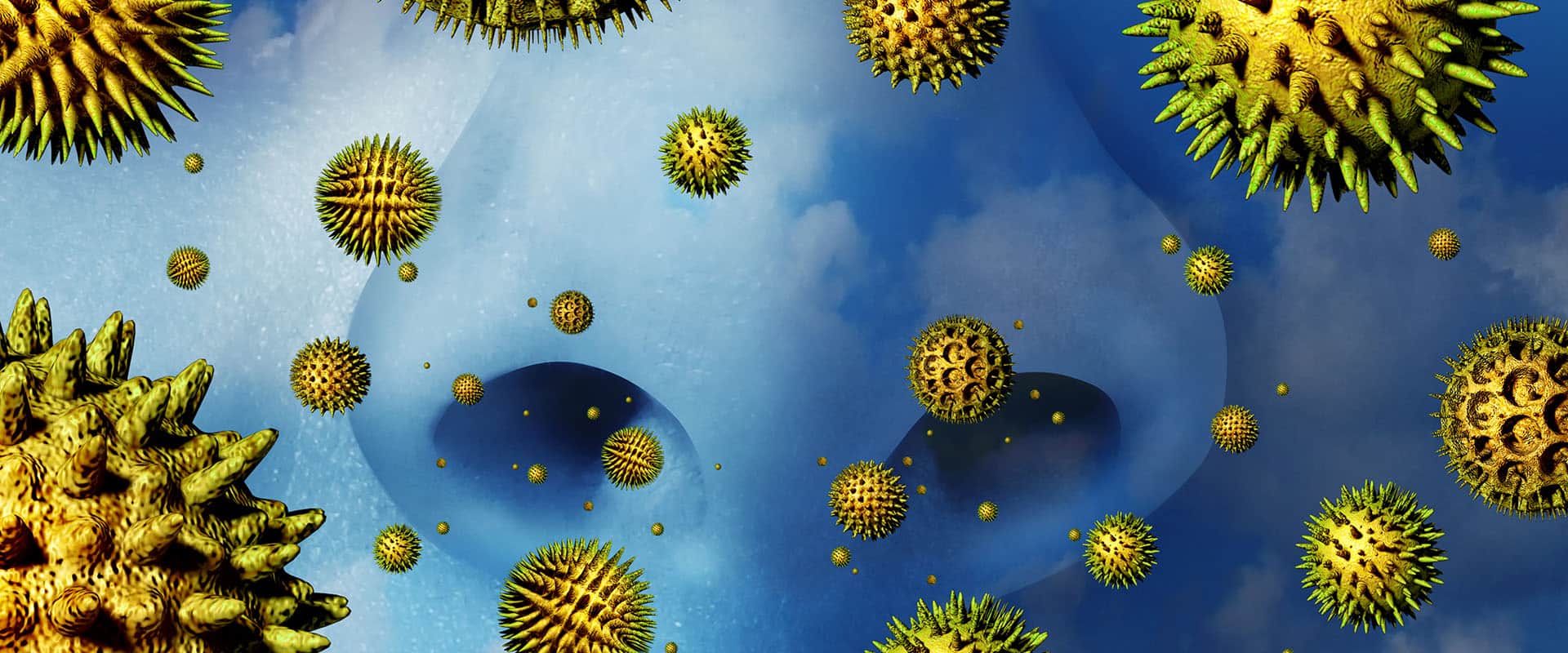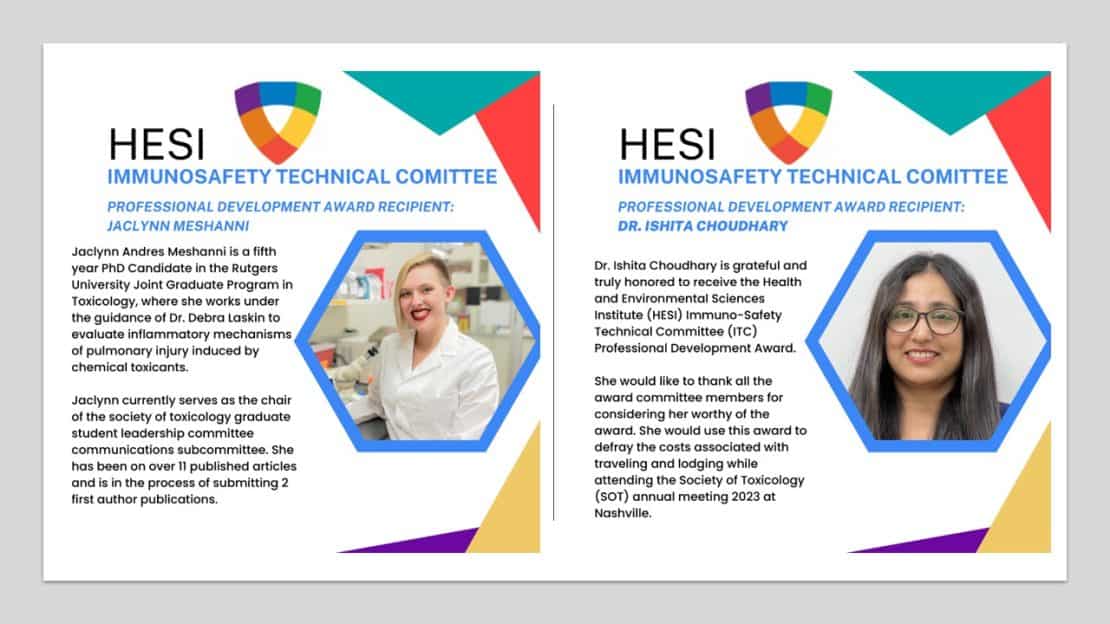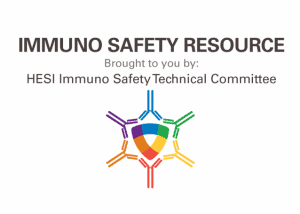An insightful review by Kamperschoer et al. that provides an overview of the various methods for assessment of Cytotoxic T Lymphocytes (CTL) function in Non-Human Primates in the context of non-clinical safety assessment of immune-modulating therapeutic agents.
Current approaches to evaluate the function of cytotoxic T-cells in non-human primates
Journal of Immunotoxicology, 2023








